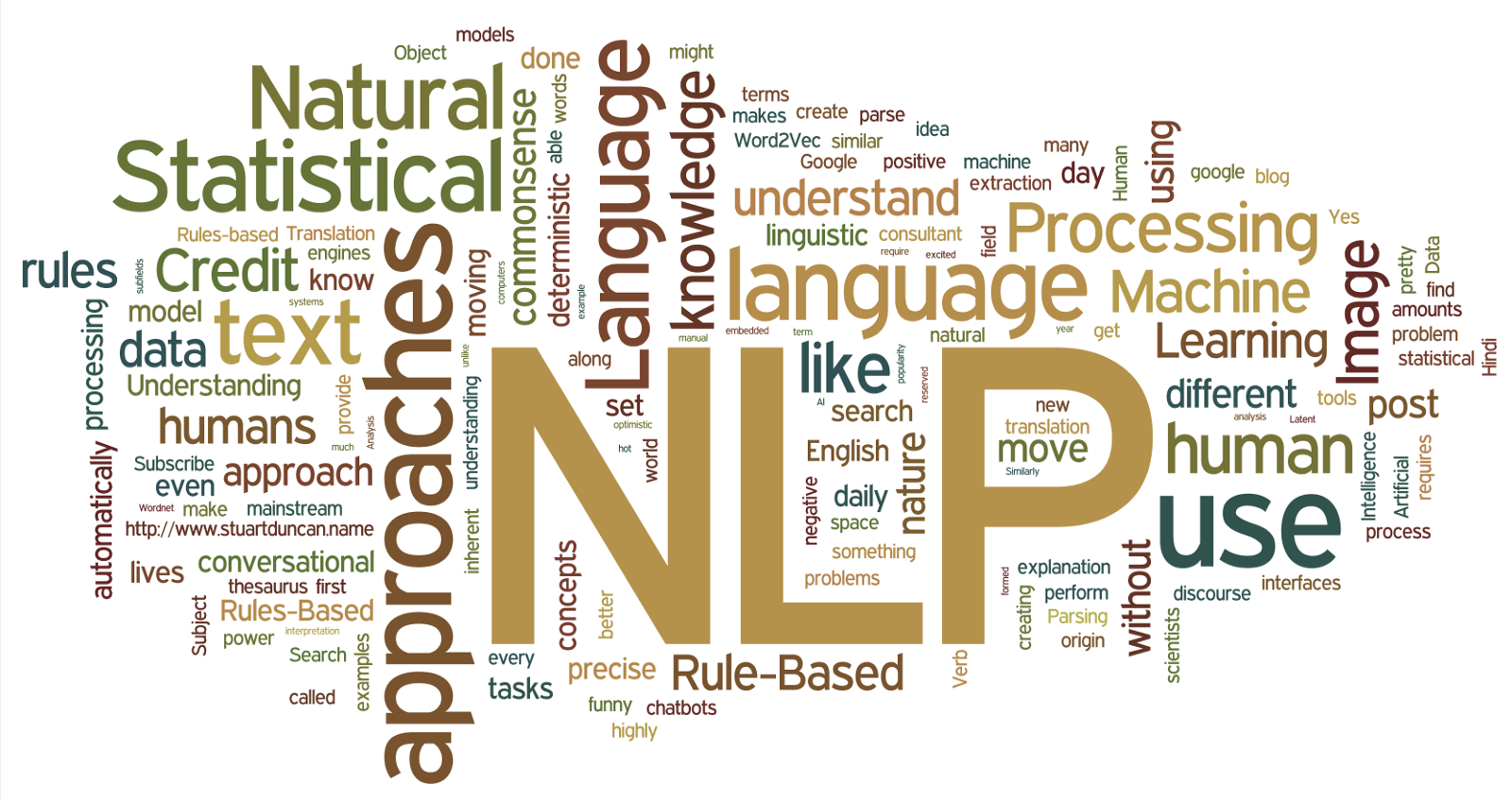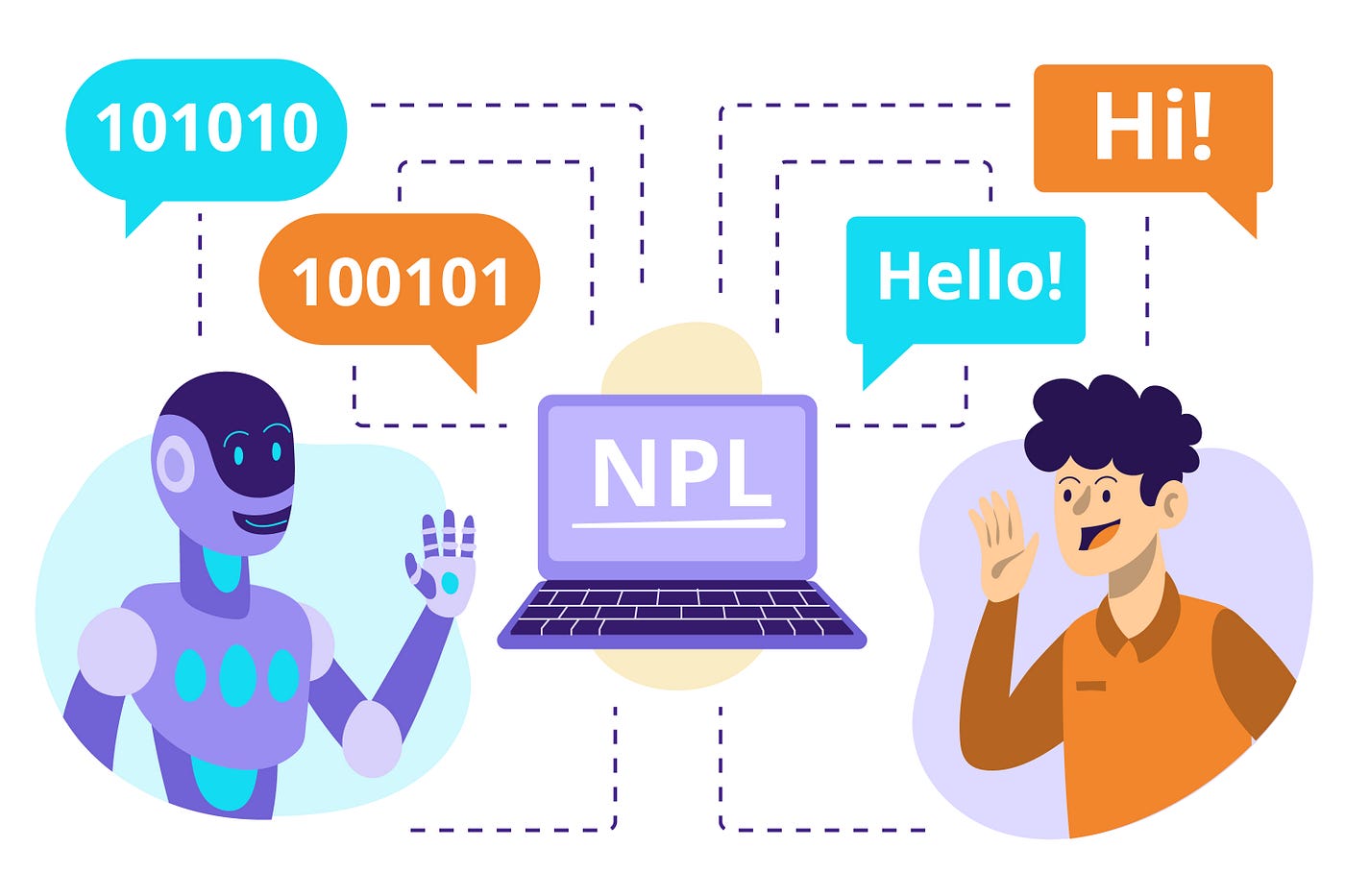Natural Language Processing Specialization GitHub Guide (2025): Projects, Notes, Solutions & Certificate Insights
-
 Admin
Admin - 23 Apr, 2025

Natural Language Processing Specialization GitHub Guide (2025)
If you’re diving into the Natural Language Processing Specialization by DeepLearning.AI, you’re not alone — and you’re definitely not starting from scratch. One of the most powerful tools in your learning journey is GitHub.
In this 2025 guide, we’re going deep into the best GitHub repositories, free notes, answer keys, and tips for getting the most out of this Coursera course. Whether you’re stuck on an assignment or just want to explore practical NLP projects, this post is your complete roadmap.
What Is the Natural Language Processing Specialization by DeepLearning.AI?
Created by DeepLearning.AI and hosted on Coursera, this specialization is a four-part course series that teaches the foundations of natural language processing (NLP) using deep learning.
You’ll learn key concepts such as:
- Tokenization and word embeddings
- Sentiment classification
- Named entity recognition (NER)
- Sequence models (RNNs, GRUs, LSTMs)
- Transformers and attention mechanisms
The specialization is taught by experts like Younes Bensouda Mourri, Łukasz Kaiser, and Isaac Caswell, and it’s designed for anyone who wants to work with text data, from aspiring ML engineers to NLP enthusiasts.
Best GitHub Repositories for Natural Language Processing Specialization
A quick search for natural language processing specialization GitHub shows thousands of forks, starred projects, and assignment solutions. These repositories aren’t just code dumps — they’re active communities of learners.

Here are some top picks:
https://github.com/https-deeplearning-ai/nlp-specialization— one of the most complete solutions with notebooks and notes.https://github.com/dair-ai/nlp_course— additional learning paths and open-source NLP projects.https://github.com/anotherlearner/nlp-coursera— weekly assignments, notes, and examples.
Tips:
- Always star useful repos to save them.
- Fork them to your profile and track your learning progress.
- Check commit history — updated repos are more reliable.
Natural Language Processing Specialization Notes – Free & Downloadable
Notes can be a lifesaver — especially if you’re revising or planning to build a portfolio.
You’ll find notes on GitHub in Markdown or PDF format. Some are even synced with video timestamps or lecture slides.
Look for:
- Structured course-wise notes
- Summary sheets with diagrams
- Concept breakdowns (tokenization, BLEU score, transformer internals)
Popular GitHub search:
natural language processing specialization notes site:github.com
Many learners even create Notion pages from these notes — helpful if you want searchable, color-coded material on the go.
Coursera DeepLearning.AI NLP Specialization GitHub Solutions
You’ll often come across learners searching for:
“Coursera DeepLearning AI Natural Language Processing Specialization GitHub”
And for good reason. Assignments in the specialization can be challenging, especially without prior coding or NLP experience. GitHub solutions help break down the logic and show you different ways to approach problems.
However — use these for learning, not copying. Copy-pasting won’t build your understanding, and Coursera has plagiarism detectors.
Best use:
- Compare your code with others
- Understand what the expected output should look like
- Learn how to write clean, efficient code for NLP tasks

Natural Language Processing Specialization Certificate – Is It Worth It in 2025?
The short answer: Yes — if you use it smartly.
Once you complete the specialization, you receive a Coursera certificate signed by DeepLearning.AI. In 2025, this certificate holds weight, especially if paired with GitHub projects and personal NLP experiments.
How to make it work for you:
- Add the certificate to your LinkedIn profile
- Embed it on your GitHub README or portfolio
- Mention real NLP projects you’ve built based on the course
Pro tip: Recruiters love seeing that you didn’t just “complete a course” — you applied it.
Natural Language Processing Specialization Coursera Answers – Ethical or Not?
Let’s be real — thousands of learners search for:
“natural language processing specialization Coursera answers”
While GitHub does contain shared answers and grading rubrics, it’s important to treat these resources responsibly.
Think of them like open-book references, not cheat sheets. If you’re stuck, use them to learn, not shortcut your way through.
⚠️ Warning: Plagiarized answers can lead to course disqualification.
💡 Better approach:
- Use answers to understand problem-solving steps
- Try solving on your own first
- Join study groups or Discord communities for help
Natural Language Processing Specialization Reddit – What Students Are Saying

Reddit is gold when it comes to raw, unfiltered opinions from real learners.
Head to:
Search for threads like:
- “Just finished NLP specialization – AMA”
- “Best GitHub resources for NLP specialization?”
- “Is the NLP course from DeepLearning.AI outdated in 2025?”
You’ll find:
- Honest reviews
- Tips for finishing faster
- GitHub repo suggestions
Bonus: Join conversations and ask for help — the community’s quite active and helpful.
Natural Language Processing Specialization Free Download Options
Want offline access to course materials? You can find free downloads of:
- Notes
- Code notebooks
- Assignment templates
Where:
- GitHub (look for
.zipor Google Drive links) - Kaggle notebooks
- Public repositories with lecture scripts
⚠️ Always ensure what you’re downloading is legally shared — don’t support piracy of paid course content.
Natural Language Processing Specialization from University of Michigan – Comparison
While DeepLearning.AI’s course is trending, University of Michigan also offers a Natural Language Processing specialization.
Main differences:
- Michigan’s course is more classical NLP (regex, tf-idf, sklearn)
- DeepLearning.AI’s is more deep learning-focused (RNNs, LSTMs, transformers)
- Michigan has more linguistics; DeepLearning.AI has more coding
Choose based on:
- Your goal (academic understanding vs industry application)
- Your preferred tools (Python libraries, TensorFlow vs Scikit-learn)
deep-learning-ai/natural-language-processing-specialization/ – Understanding the GitHub Path
Ever notice this path?
deep-learning-ai/natural-language-processing-specialization/
This is the official repo handle on GitHub, used in URLs and project references.
Here’s what to know:
- You can follow the repo to get notifications on updates
- Watch issues or discussions to see learner feedback
- Clone the repo for local study
It’s the cleanest way to track everything that’s officially tied to the course.
GitHub Projects for Natural Language Processing Specialization (2025 Edition)
Building real-world projects is the best way to showcase your skills. Use what you learn in the NLP specialization to create:
- Sentiment analysis on Twitter/X data
- Resume classifier using NER
- Email spam detector
- Text summarization app using transformers
Also Read : Humanizing Artificial Intelligence
Share on GitHub with:
- Clear README
- Dataset links
- Demo video or screenshots
- License file
💡 Bonus: Use your course certificate and GitHub repo as a dual proof of your skills.
Final Thoughts – Is the NLP Specialization on GitHub a Smart Learning Strategy in 2025?
Absolutely. In fact, pairing the NLP specialization with GitHub resources is probably the smartest learning stack in 2025.

You get:
- Structured learning from DeepLearning.AI
- Community support from GitHub + Reddit
- Practical application through real projects
Whether you’re entering NLP, AI development, or even building tools with ChatGPT-like models — this is your foundation.
🔍 Frequently Asked Questions (FAQ)
Q: Can I complete the NLP specialization using only GitHub?
A: You’ll need to watch the videos for theory, but GitHub helps with implementation and assignment debugging.
Q: Are the GitHub answers allowed on Coursera?
A: Use responsibly. Coursera discourages copying; it’s best to treat them as learning aids.
Q: Is this course still relevant in 2025?
A: 100%. It’s updated and deeply aligned with today’s AI/NLP demands.
Want help crafting your README or creating a project around this course? Just ping me. I got you.